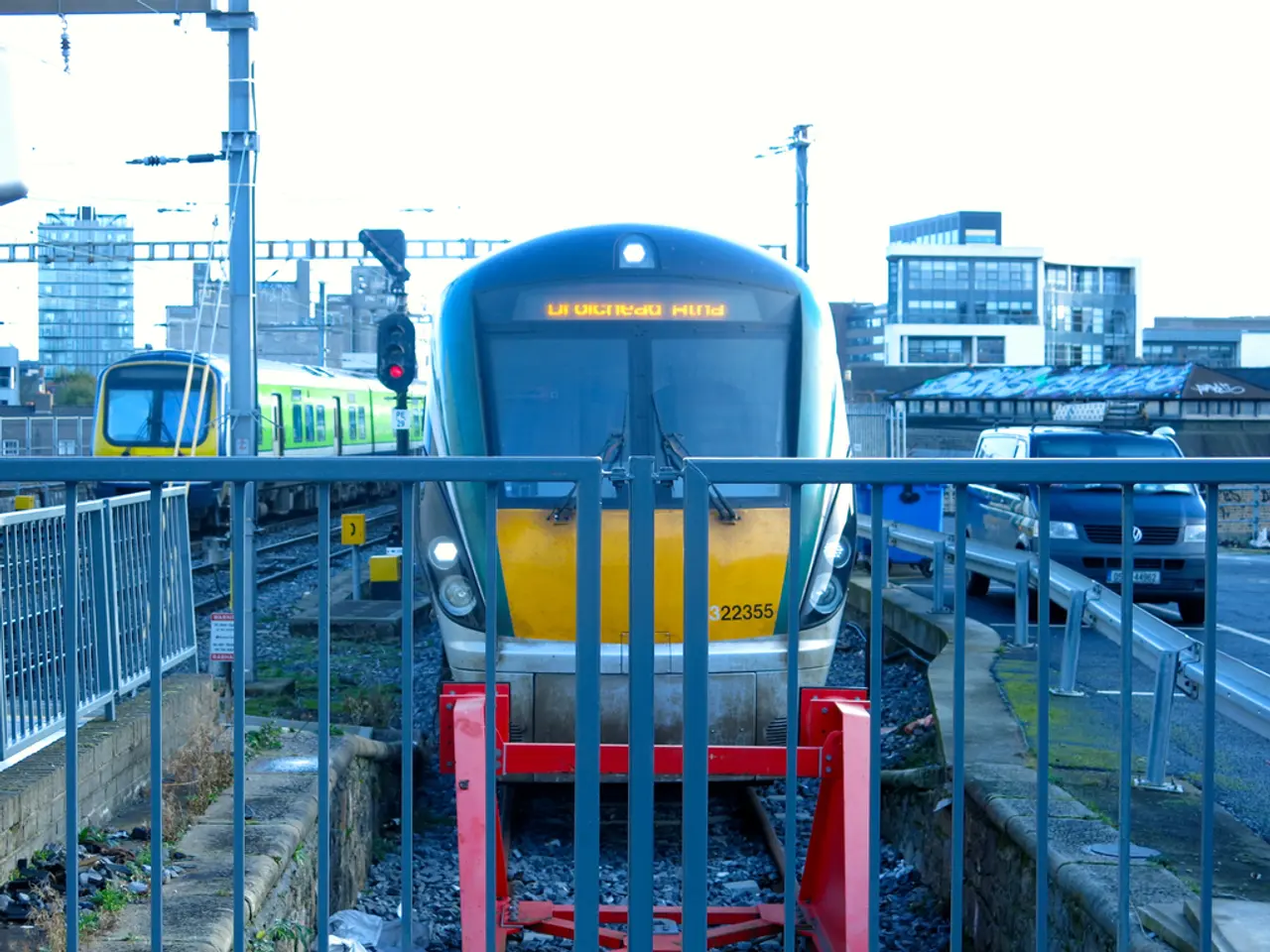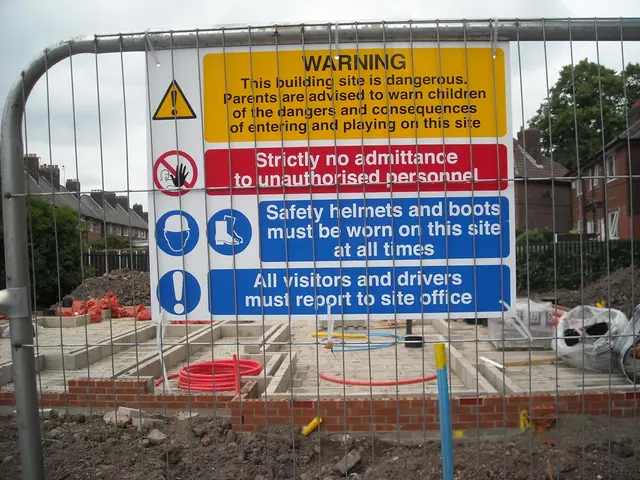Railway Manager Faces Imminent Obstacles
Deutsche Bahn, Germany's national railway company, is currently without a CEO following the departure of Richard Lutz. As of August 2025, a successor has not yet been named, with the appointment process facing difficulties due to reported rejections from potential candidates[1][3][5].
The incoming CEO will inherit a range of challenges, including an aging rail infrastructure in need of repair, tight finances, and dissatisfied passengers[1]. Improving punctuality, modernizing infrastructure, financial stabilization, navigating political pressure for reform, and managing labor relations are all top priorities[1][4][5].
Punctuality has been a persistent issue for Deutsche Bahn, especially after the problematic introduction of hydrogen-fueled trainsets, which reduced service reliability[4]. The rail system blames dilapidated tracks as the main reason for late trains[2].
The upcoming wage negotiations with GDL, the German Train Drivers' Union, are expected to be challenging. Tensions with unions over wages and working conditions could impact operations and costs significantly[4]. The successor to Claus Weselsky, the former head of GDL, may continue to advocate for higher wages and better working conditions, potentially leading to confrontations and strikes[3].
The Hamburg-Berlin route is currently undergoing a comprehensive renovation, and the rail system plans to renovate around 40 heavily used routes by 2036, involving months-long closures for extensive modernizations[2]. However, these closures have been met with criticism from some transport experts due to the disruptions caused[1].
The restructuring program initiated by Richard Lutz in 2024 aims to improve the company's financial situation by cutting thousands of jobs and increasing profitability[6]. DB Cargo, a transport subsidiary of Deutsche Bahn, needs to write black figures next year as determined by the EU Commission[7].
The current rail strategy will be presented by Federal Transport Minister Patrick Schnieder on September 22, with a focus on satisfying customers[8]. Broader economic conditions in Germany and Europe, including inflation and energy costs, pose further difficulties for managing operating expenses and investments[5].
Multiple individuals, including DB Regio CEO Evelyn Palla, former finance minister Joerg Kukies, and Siemens Mobility CEO Michael Peter, have been speculated as potential successors[1]. The new CEO will need to secure the necessary funds in the coming years to continue the infrastructure renovation plan and steer the company towards profitability.
Sources:
- BBC News
- Deutsche Welle
- Reuters
- Der Spiegel
- Deutsche Bahn Annual Report 2025
- Handelsblatt
- EU Commission Press Release
- Deutsche Bahn Press Release






